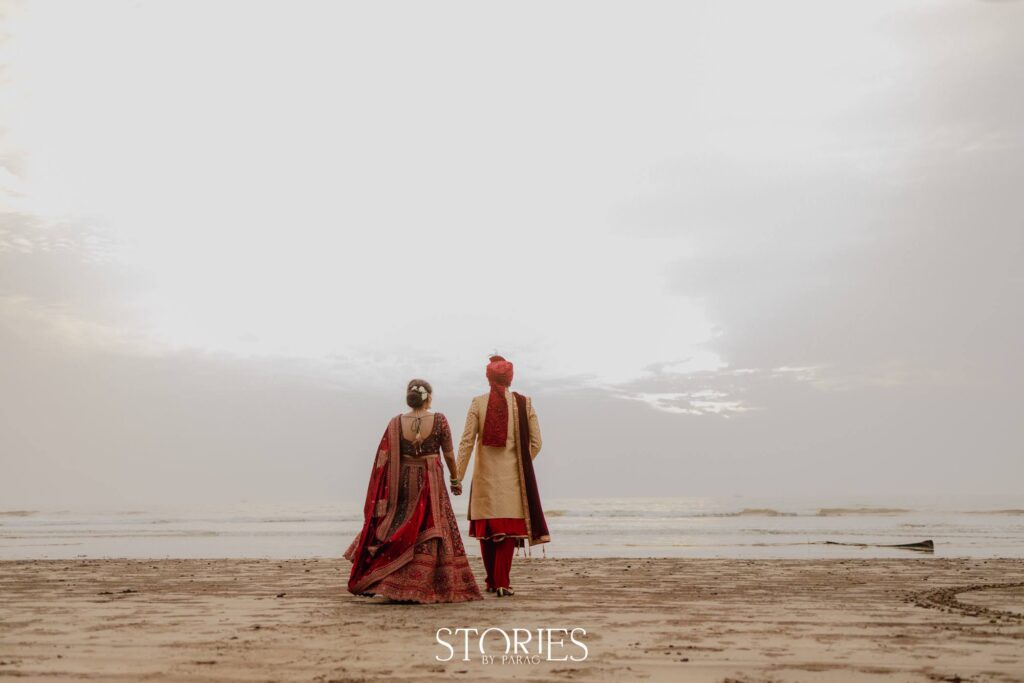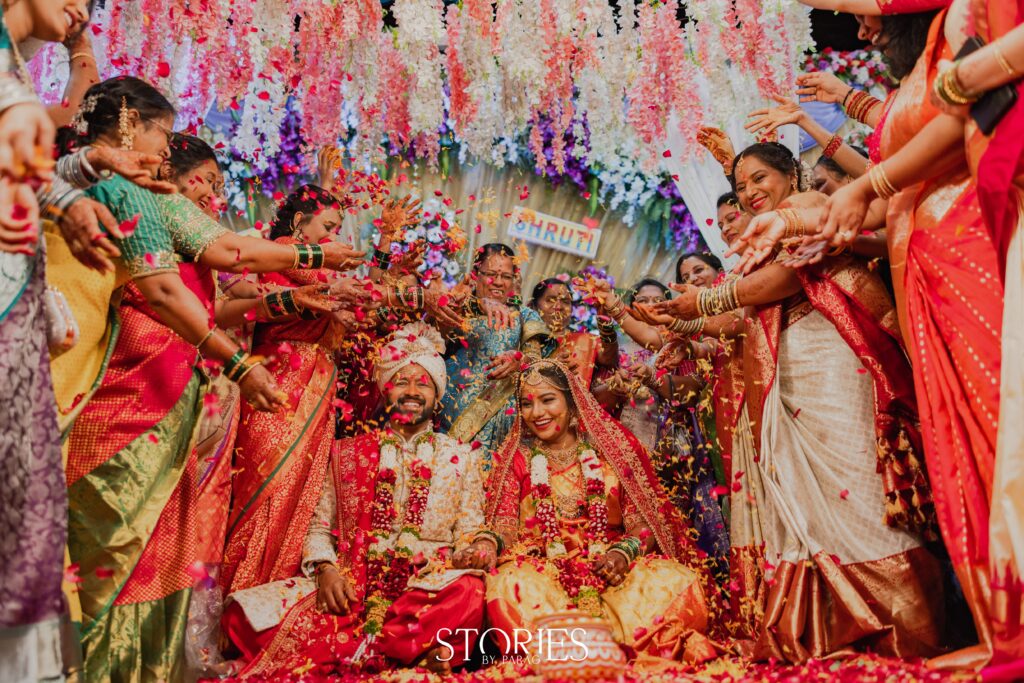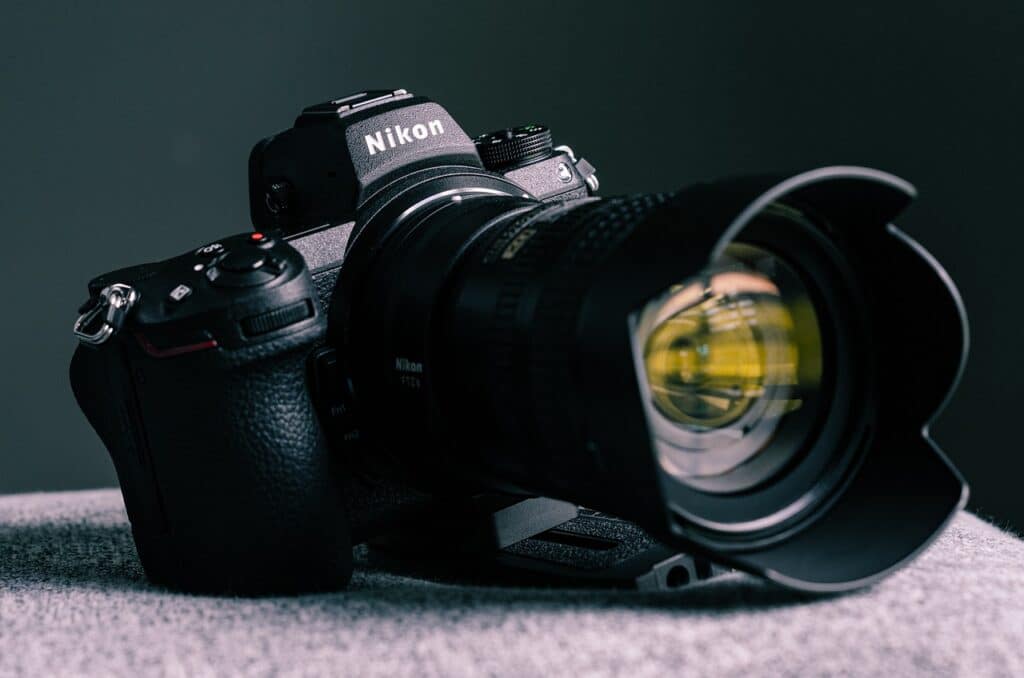
When it comes to wedding photography, the right camera can make all the difference. Capturing the intricate details and significant moments of a wedding requires equipment that offers exceptional performance and reliability for a wedding photographer. The perfect camera for wedding photography should provide high resolution, excellent low-light capability, fast and accurate autofocus, and versatile shooting modes. Additionally, features like image stabilization, dual memory card slots, and robust build quality are crucial for handling the dynamic and demanding nature of wedding events. Here are the top 10 cameras available in India that meet these criteria, ensuring you capture every precious moment with stunning clarity and precision.
Table of Contents
- 1. Nikon D850
- 2. Sony a7R IV
- 3. Canon EOS R5
- 4. Fujifilm X-T4
- 5. Nikon Z 6II
- 6. Fujifilm GFX50S II
- 7. Canon EOS 90D
- 8. Nikon Z5
- 9. Sony a7 III
- 10. Canon EOS 5D Mark IV
1. Nikon D850

With a 45.7-megapixel sensor, the Nikon D850 offers excellent dynamic range and low-light performance, making it a favorite among wedding photographers.
Nikon D850
FeatureDetails Sensor Type: Full-frame Megapixels: 45.7 MP Continuous Shooting: 7 fps (up to 9 fps with optional grip) Autofocus Points: – Video Recording: 4K UHD Image Stabilization: No Weather Sealing: Yes
As a wedding photographer, the Nikon D850’s excellent dynamic range and low-light performance are crucial for capturing stunning images in various lighting conditions.
Nikon D850
Pros:
- Excellent 45.7 MP full-frame sensor.
- Wide ISO range (64-25,600), expandable to 32-102,400.
- Robust build with weather sealing.
- 7 fps continuous shooting (up to 9 fps with optional grip).
- 4K UHD video recording capability.
Cons:
- Large and heavy body, may not be ideal for all users.
- No in-body image stabilization.
2. Sony a7R IV
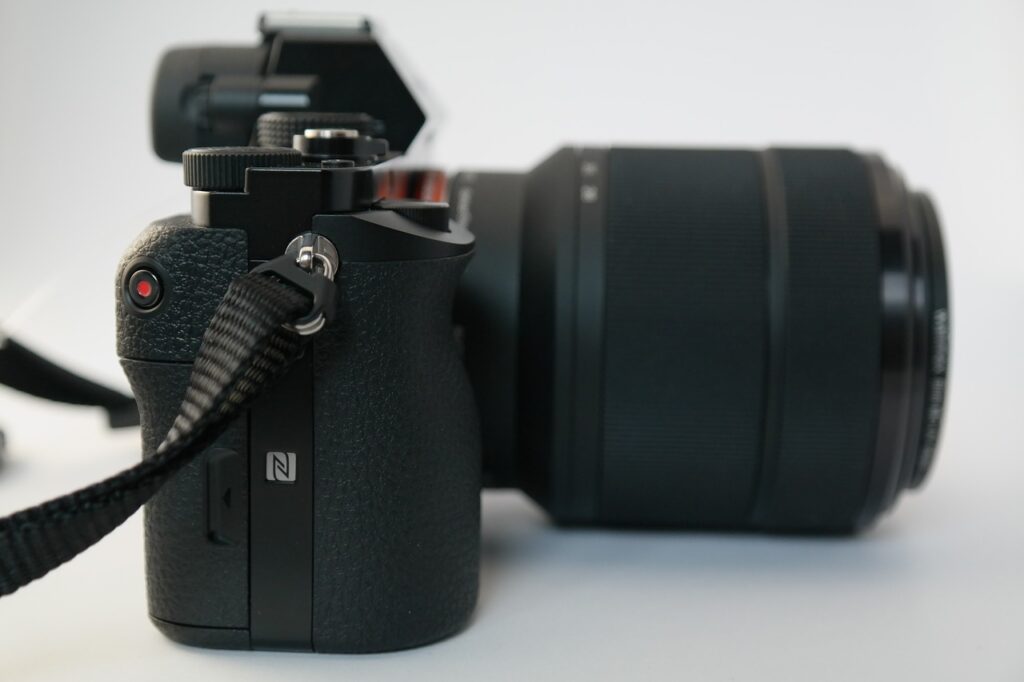
The Sony a7R IV features a 61-megapixel full-frame sensor and advanced autofocus, ensuring incredibly detailed images and sharp portraits.
Sony a7R IV
FeatureDetailsSensor TypeFull-frameMegapixels61 MPContinuous Shooting10 fpsAutofocus Points567 phase-detectionVideo Recording4K HDRImage StabilizationNoWeather SealingYes
The Sony a7R IV features a 61-megapixel full-frame sensor and advanced autofocus, ensuring incredibly detailed images and sharp portraits in the most challenging lighting conditions.
Sony a7R IV
Pros:
- High-resolution 61 MP full-frame sensor.
- Advanced autofocus system with 567 phase-detection points.
- Real-time Eye AF for both humans and animals.
- Compact and lightweight design.
- 10 fps continuous shooting.
- 4K HDR video recording.
Cons:
- Battery life can be a limitation, especially with continuous use.
- Touchscreen interface may not be as intuitive for some users.
3. Canon EOS R5
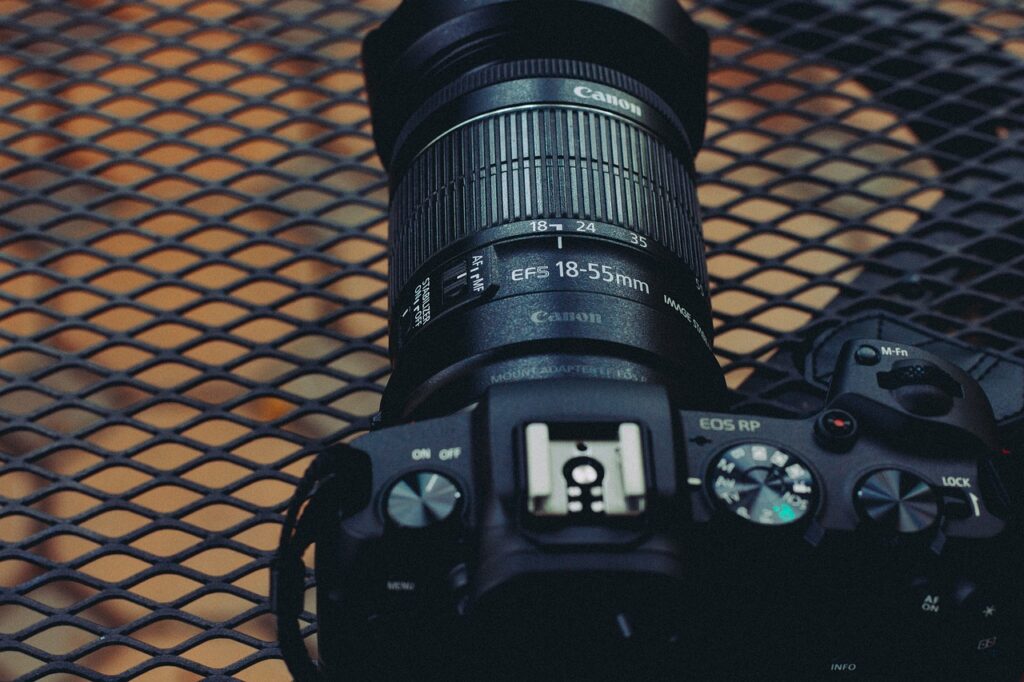
The Canon EOS R5 has a 45-megapixel sensor and up to 20 fps continuous shooting. Its in-body stabilization and 8K video capability make it perfect for weddings.
Canon EOS R5
FeatureDetails
The Canon EOS R5 is a camera with a 45-megapixel sensor and up to 20 fps continuous shooting, making it perfect for weddings.
Sensor Type: Full-frame
Megapixels: 45 MP
Continuous Shooting: 20 fps (electronic shutter)
Autofocus Points: Dual-pixel CMOS AF II
Video Recording: 8K RAW
Image Stabilization: Yes
Weather Sealing: Yes
Canon EOS R5
Pros:
- 45 MP full-frame sensor.
- Up to 20 fps continuous shooting with electronic shutter.
- In-body image stabilization (IBIS).
- 8K RAW video recording capability.
- Dual-pixel CMOS AF II system.
- Weather-sealed body.
Cons:
- Overheating issues in video recording (subject to firmware updates).
- High-resolution video files demand significant storage.
4. Fujifilm X-T4
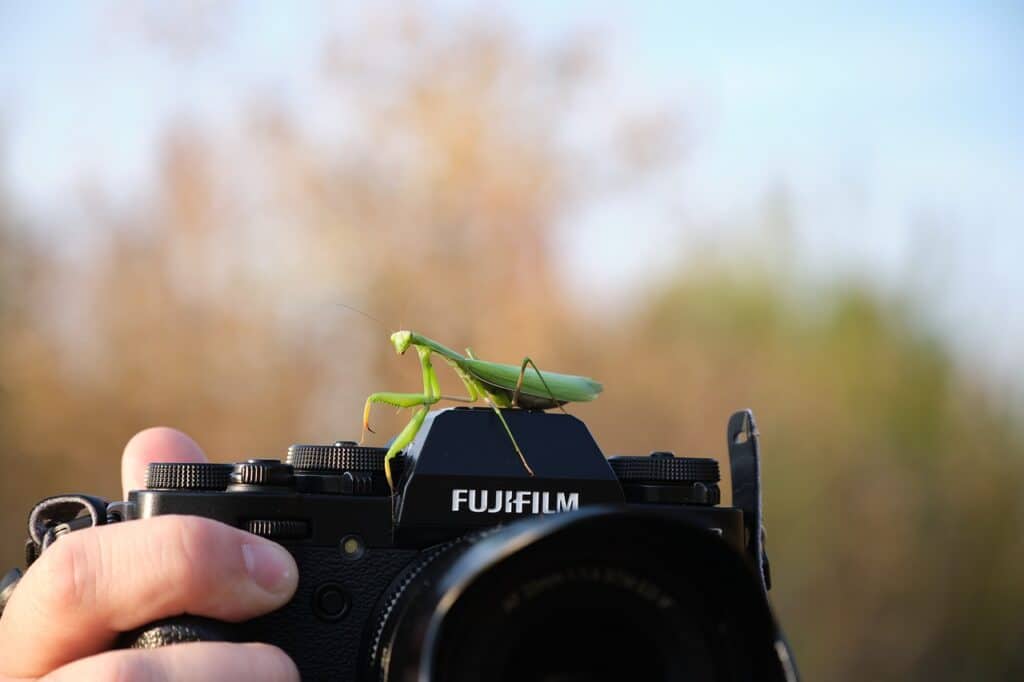
With a 26.1-megapixel APS-C sensor and in-body stabilization, the Fujifilm X-T4 offers robust performance and creative film simulation modes for unique wedding photos.
Fujifilm X-T4
FeatureDetails
With a 26.1-megapixel APS-C sensor and in-body stabilization, the Fujifilm X-T4 offers one of the most robust performances and creative film simulation modes for unique wedding photos.
Sensor Type: APS-C
Megapixels: 26.1 MP
Continuous Shooting: 15 fps
Autofocus Points: –
Video Recording: 4K DCI
Image Stabilization: Yes
Weather Sealing: Yes
Fujifilm X-T4
Pros:
- 26.1 MP APS-C sensor with excellent dynamic range.
- In-body image stabilization.
- Up to 15 fps continuous shooting.
- 4K DCI video recording at 60 fps.
- Film simulation modes for creative color profiles.
- Weather-sealed body.
Cons:
- Smaller sensor compared to full-frame options.
- Autofocus performance in video mode can be improved.
5. Nikon Z 6II
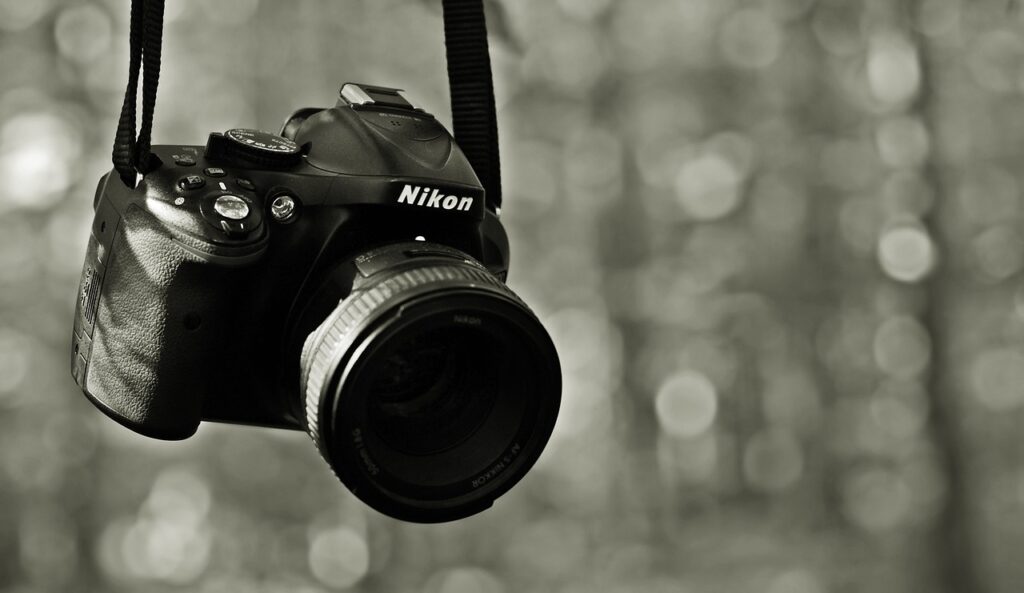
The Nikon Z 6II, featuring a 24.5-megapixel sensor and 14 fps shooting, is ideal for capturing dynamic wedding scenes with excellent low-light capability.
Nikon Z 6II
FeatureDetailsSensor TypeFull-frameMegapixels24.5 MPContinuous Shooting14 fpsAutofocus Points273-point hybridVideo Recording4K UHDImage StabilizationNoWeather SealingYes
Nikon Z 6II
Pros:
- 24.5 MP full-frame sensor.
- Dual EXPEED 6 processors for improved performance.
- 14 fps continuous shooting.
- 273-point hybrid autofocus system.
- 4K UHD video recording.
- Dual card slots (CFexpress/XQD and SD).
- Weather-sealed body.
Cons:
- Limited buffer depth in continuous shooting.
- Touchscreen functionality could be more advanced.
6. Fujifilm GFX50S II
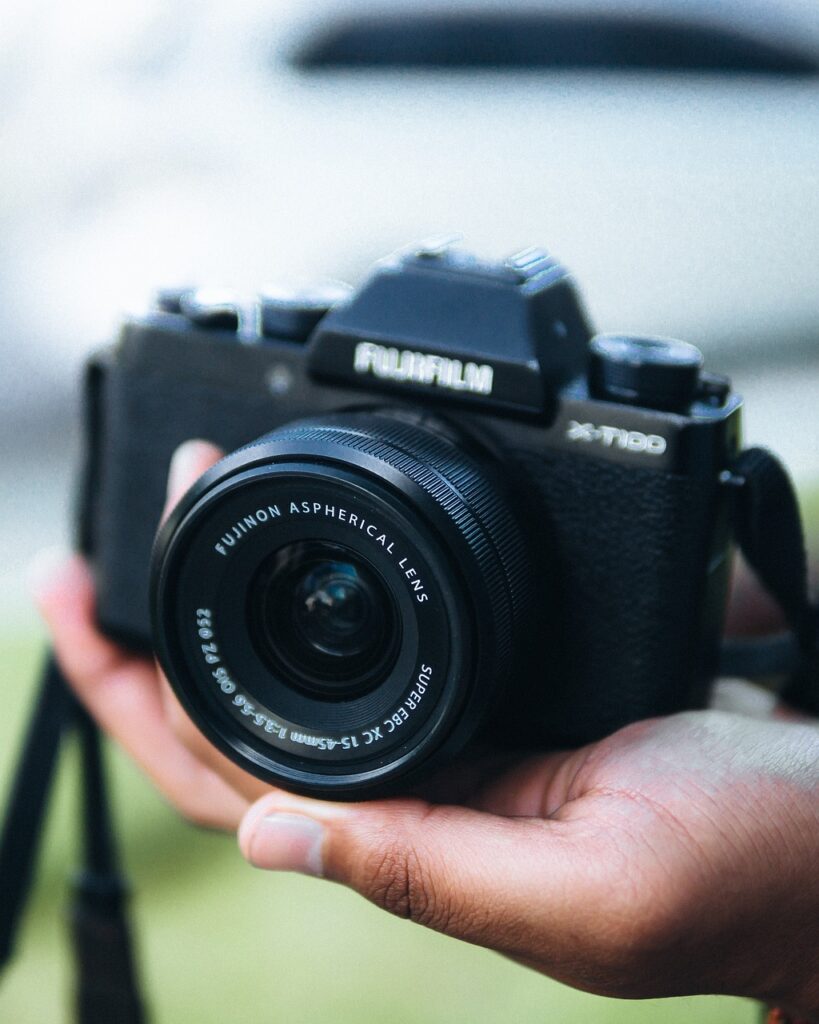
The Fujifilm GFX50S II provides exceptional detail and depth with its 51.4-megapixel medium format sensor, perfect for high-end wedding photography.
Fujifilm GFX50S II
FeatureDetailsSensor TypeMedium formatMegapixels51.4 MPContinuous Shooting3 fpsAutofocus Points–Video Recording–Image StabilizationYesWeather SealingYes
Fujifilm GFX50S II
Pros:
- 51.4 MP medium format sensor for exceptional image quality.
- In-body image stabilization.
- Weather-sealed body.
- Great for high-end wedding photography requiring high resolution.
Cons:
- Slow continuous shooting speed (3 fps).
- Larger and heavier body.
- Limited lens selection and higher cost of medium format lenses.
7. Canon EOS 90D
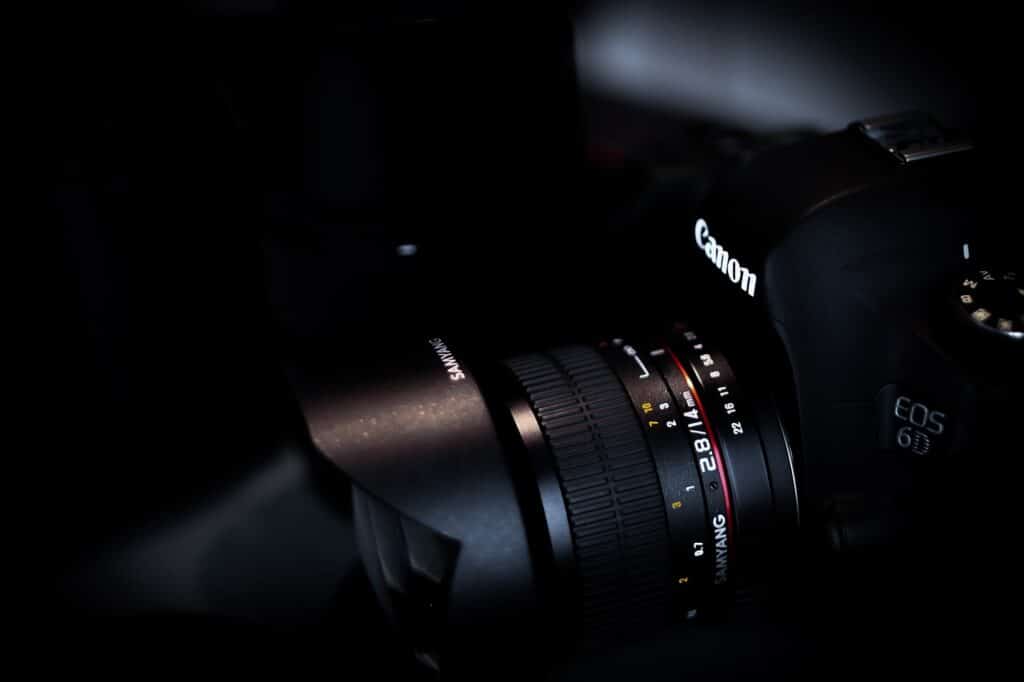
For budget-conscious photographers, the Canon EOS 90D offers a 32.5-megapixel APS-C sensor and 4K video recording, delivering high-quality performance.
Canon EOS 90D
FeatureDetailsSensor TypeAPS-CMegapixels32.5 MPContinuous Shooting10 fpsAutofocus Points45 all-cross typeVideo Recording4KImage StabilizationNoWeather SealingYes
Canon EOS 90D
Pros:
- 32.5 MP APS-C sensor.
- 10 fps continuous shooting.
- Advanced 45-point all-cross-type AF system.
- 4K video recording without crop.
- Ergonomic design with intuitive controls.
- Weather-sealed body.
Cons:
- No in-body image stabilization.
- Limited buffer depth in RAW shooting mode.
8. Nikon Z5
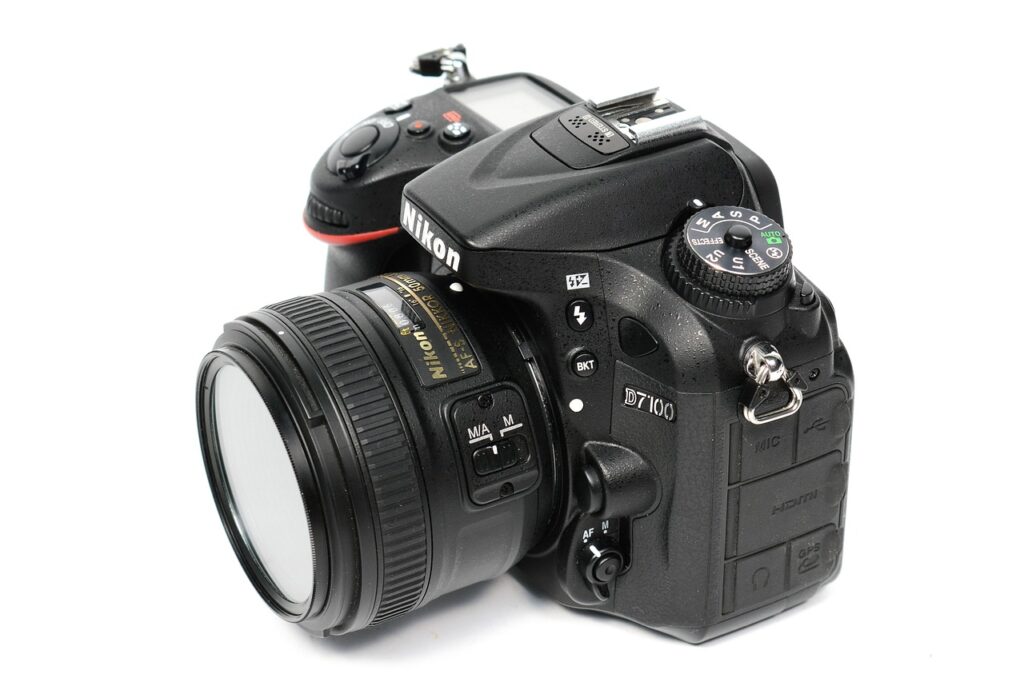
The Nikon Z5, with its 24.3-megapixel sensor, is an entry-level full-frame mirrorless camera offering great image quality and robust build.
Nikon Z5
FeatureDetailsSensor TypeFull-frameMegapixels24.3 MPContinuous Shooting4.5 fpsAutofocus Points273-point hybridVideo Recording4K UHDImage StabilizationNoWeather SealingYes
Nikon Z5
Pros:
- 24.3 MP full-frame sensor.
- Good image quality and dynamic range.
- 273-point hybrid autofocus system.
- 4.5 fps continuous shooting.
- Dual SD card slots.
- 4K UHD video recording.
- Weather-sealed body.
Cons:
- Slower continuous shooting speed (4.5 fps).
- Limited buffer capacity for continuous shooting.
9. Sony a7 III
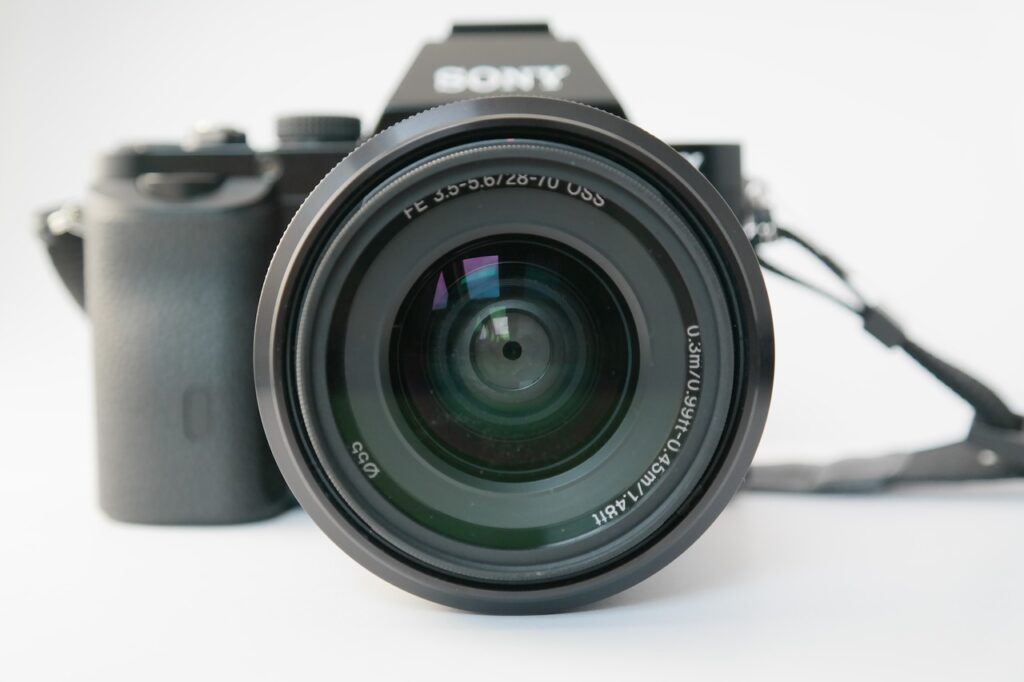
Known for its versatility, the Sony a7 III has a 24.2-megapixel sensor, excellent low-light performance, and fast autofocus, making it a reliable choice.
Sony a7 III
FeatureDetailsSensor TypeFull-frameMegapixels24.2 MPContinuous Shooting10 fpsAutofocus Points693 phase-detectionVideo Recording4K HDRImage StabilizationNoWeather SealingYes
Sony a7 III
Pros:
- 24.2 MP full-frame sensor.
- Excellent low-light performance (ISO range 100-51,200).
- 693-point phase-detection AF system.
- 10 fps continuous shooting.
- Compact and durable design.
- 4K HDR video recording.
Cons:
- No 4K video recording without a crop.
- Touchscreen functionality could be improved.
10. Canon EOS 5D Mark IV
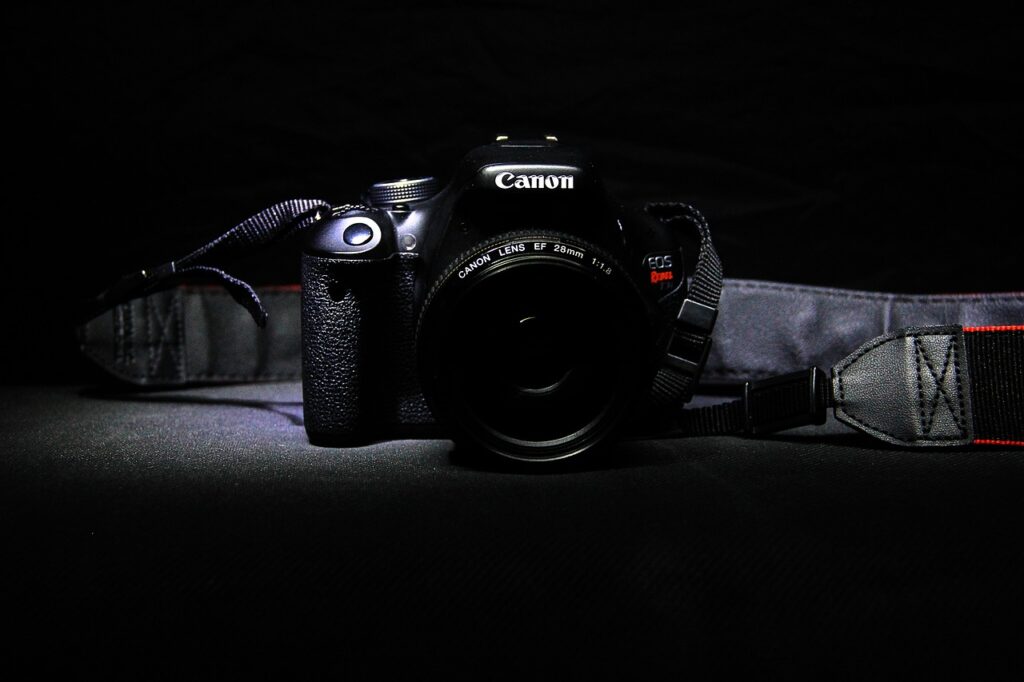
The Canon EOS 5D Mark IV remains popular with its 30.4-megapixel sensor, 4K video capability, and dual-pixel autofocus, ideal for the demanding nature of wedding photography.
Canon EOS 5D Mark IV
FeatureDetailsSensor TypeFull-frameMegapixels30.4 MPContinuous Shooting7 fpsAutofocus PointsDual-pixel AFVideo Recording4KImage StabilizationNoWeather SealingYes
Canon EOS 5D Mark IV
Pros:
- 30.4 MP full-frame sensor.
- Dual-pixel autofocus for fast and accurate focus.
- 7 fps continuous shooting.
- 4K video recording at 30 fps.
- Robust build with weather sealing.
Cons:
- Larger and heavier body.
- No in-body image stabilization.
- 4K video is cropped.
How to Choose the Best Wedding Photography Camera?
Selecting the best camera for wedding photography involves considering several key factors:
- Sensor Size and Resolution: Full-frame sensors typically offer better image quality and low-light performance. Higher resolution allows for detailed images, which is crucial for capturing intricate wedding details.
- Autofocus System: Fast and accurate autofocus ensures you don’t miss any important moments. Look for cameras with advanced AF systems, including eye-detection.
- Low-Light Performance: Weddings often involve low-light environments, so a camera with good high ISO performance is essential.
- Continuous Shooting Speed: High frames per second (fps) rates help capture fast-moving scenes, such as dancing or candid moments.
- Image Stabilization: In-body or lens-based stabilization reduces blur from camera shake, especially in handheld shooting.
- Build Quality and Durability: Weddings can be long and demanding, so a camera with a robust build and weather sealing is beneficial.
- Battery Life: Long battery life ensures you can shoot throughout the event without frequent battery changes.
- Video Capabilities: If you plan to shoot video, consider cameras with good video resolution, frame rates, and stabilization.
- Lens Compatibility: Choose a camera with a wide range of compatible lenses to suit different shooting needs, from portraits to wide-angle shots.
- Budget: Finally, consider your budget. High-end cameras offer premium features, but there are also excellent mid-range options that provide great value.
When considering the best cameras for wedding photography in 2024, it’s important to evaluate the latest models and their features to ensure they meet the demands of modern wedding photography.
By evaluating these factors, you can choose a camera that meets your needs and ensures you capture every precious moment of the wedding beautifully.
Conclusion
Selecting the right camera depends on your needs and budget. These top picks offer a range of options from detailed resolution to versatile mirrorless systems, ensuring you can capture every wedding moment with the highest quality. Whether you’re a seasoned professional or an aspiring wedding photographer, these cameras are sure to meet your needs.
Explore our additional blogs and utilize our wedding budget planner tool for comprehensive wedding planning assistance.
POST-WEDDING RITUALS: TRADITIONS, CELEBRATIONS, AND MODERN PRACTICES
FROM PAITHANI SAREES TO MODAK: A MAHARASHTRIAN WEDDING JOURNEY
TRADITION AND MODERNITY: INDIAN WEDDINGS VS. AMERICAN WEDDINGS
HOW TO MANAGE WEDDING TASKS: A COMPREHENSIVE GUIDE TO MANAGING EVERY DETAIL FOR YOUR PERFECT DAY
TOP 10 DREAMY INDIAN WEDDING DESTINATIONS FOR THE PERFECT ROMANTIC CELEBRATION
INDIAN WEDDING TRENDS 2024: WHAT’S IN AND WHAT’S OUT

